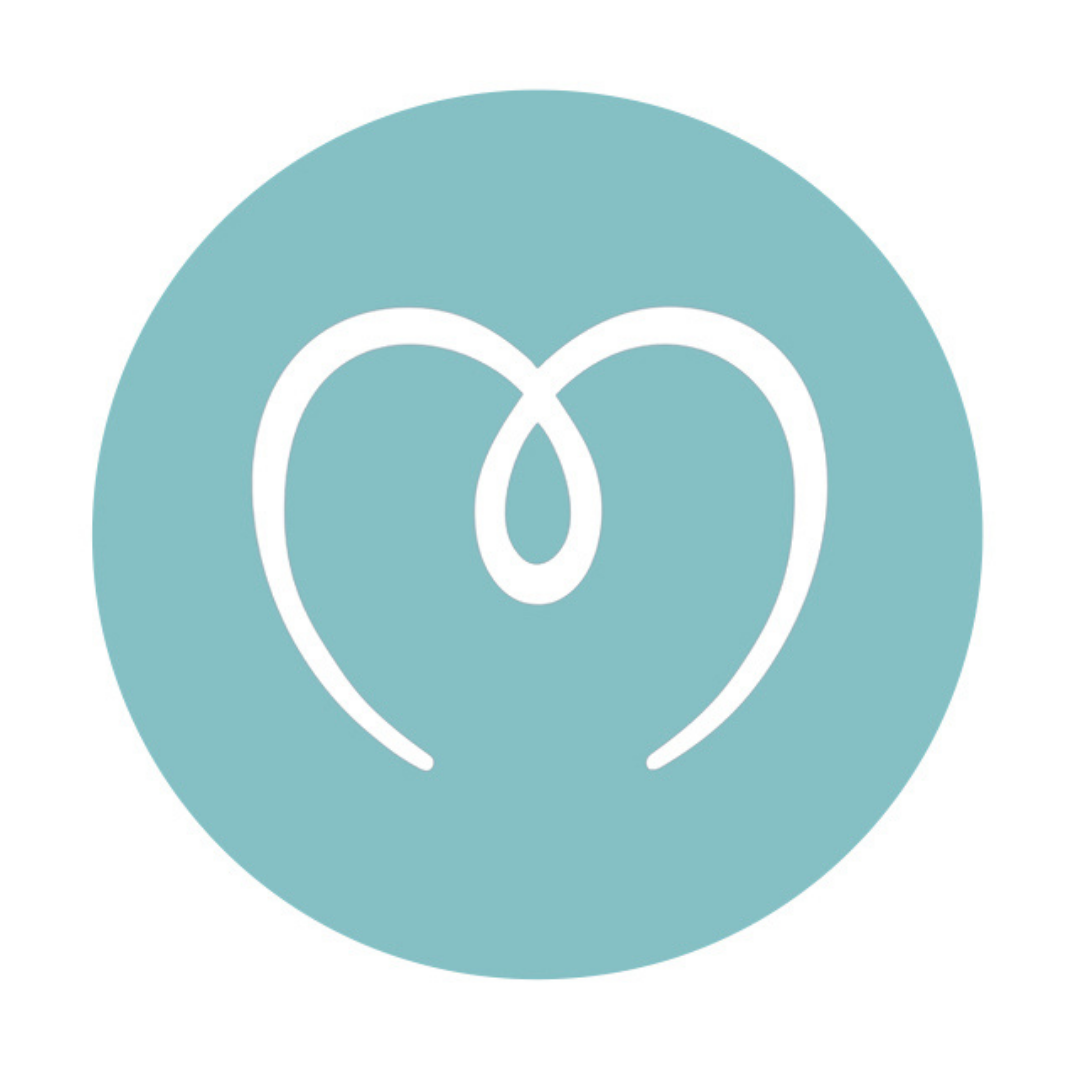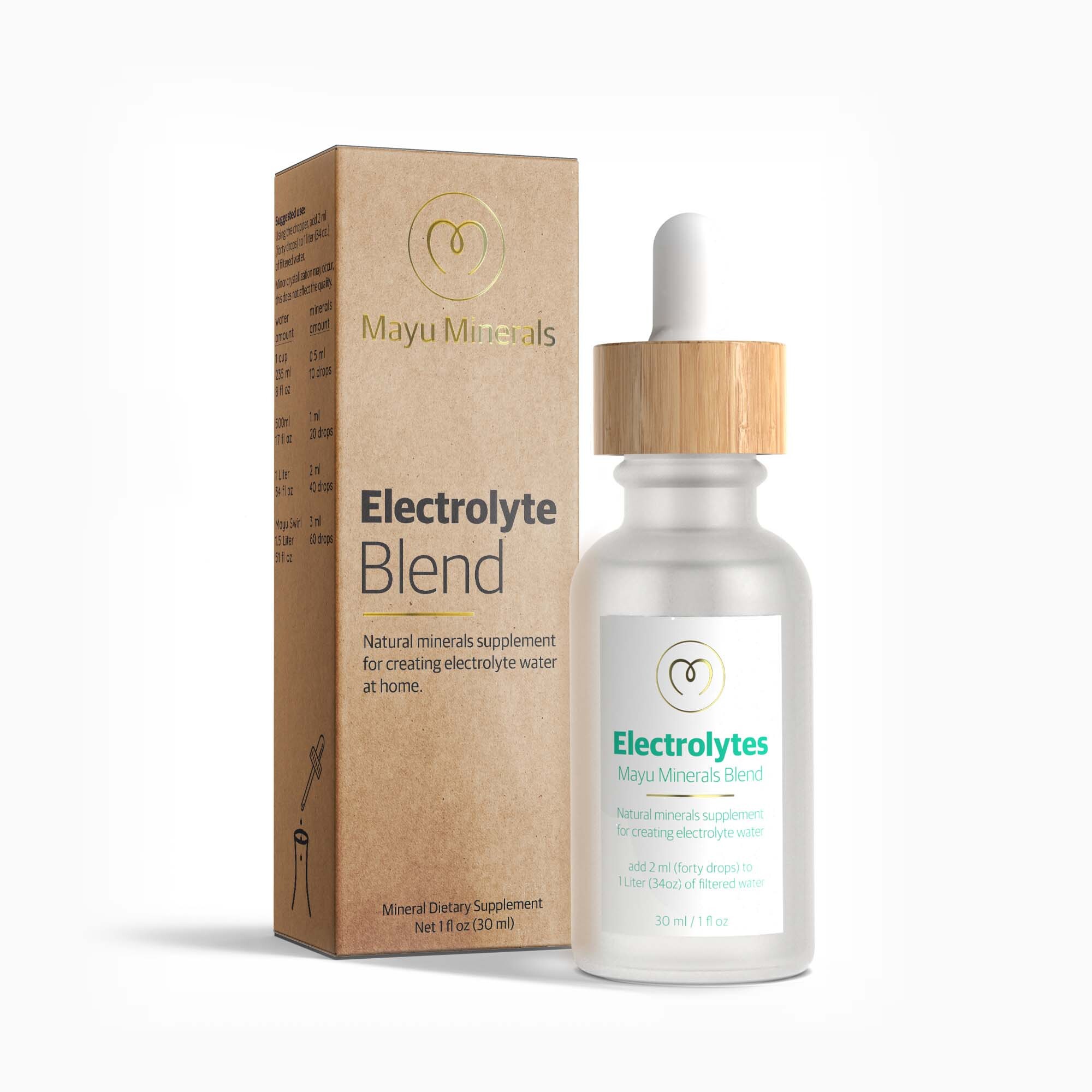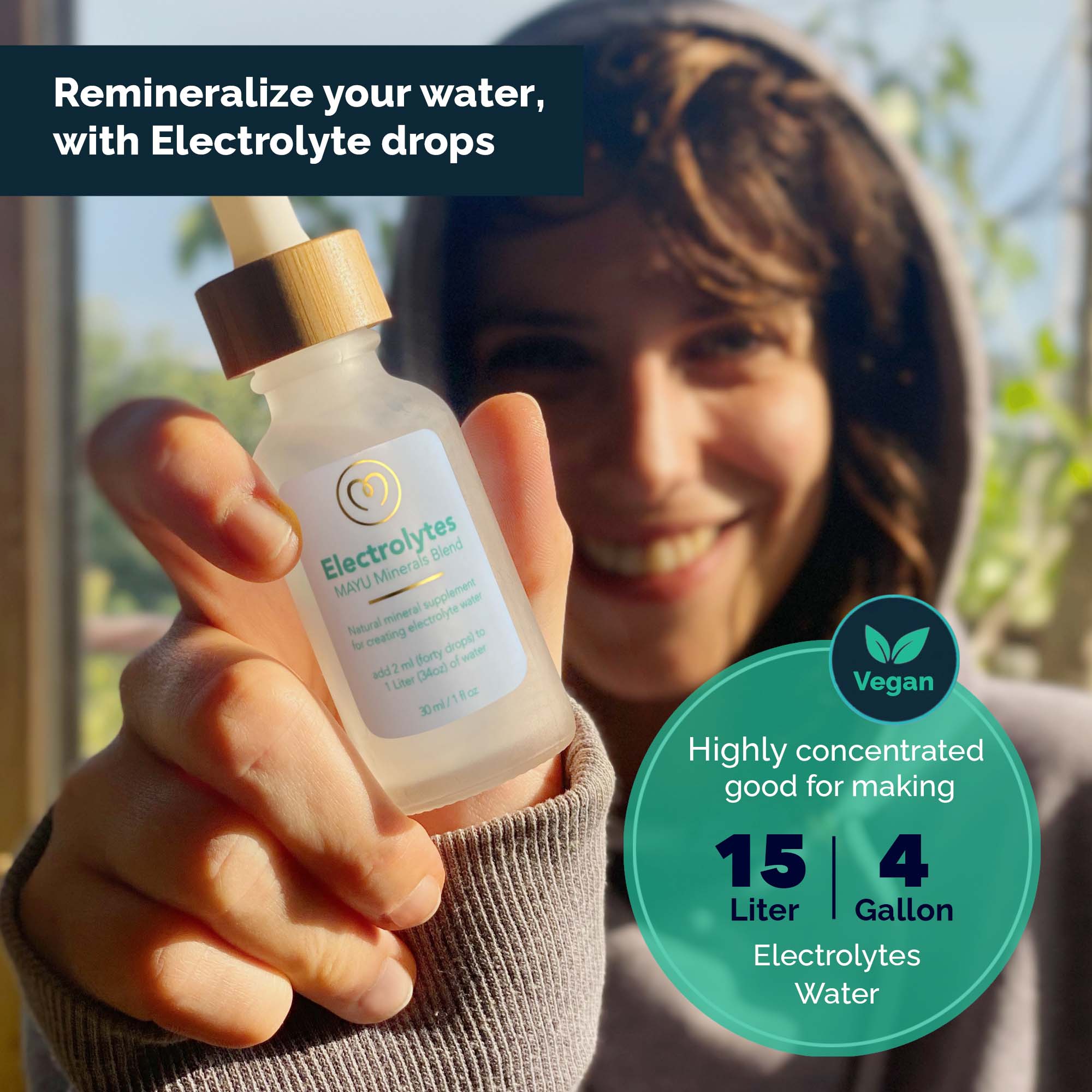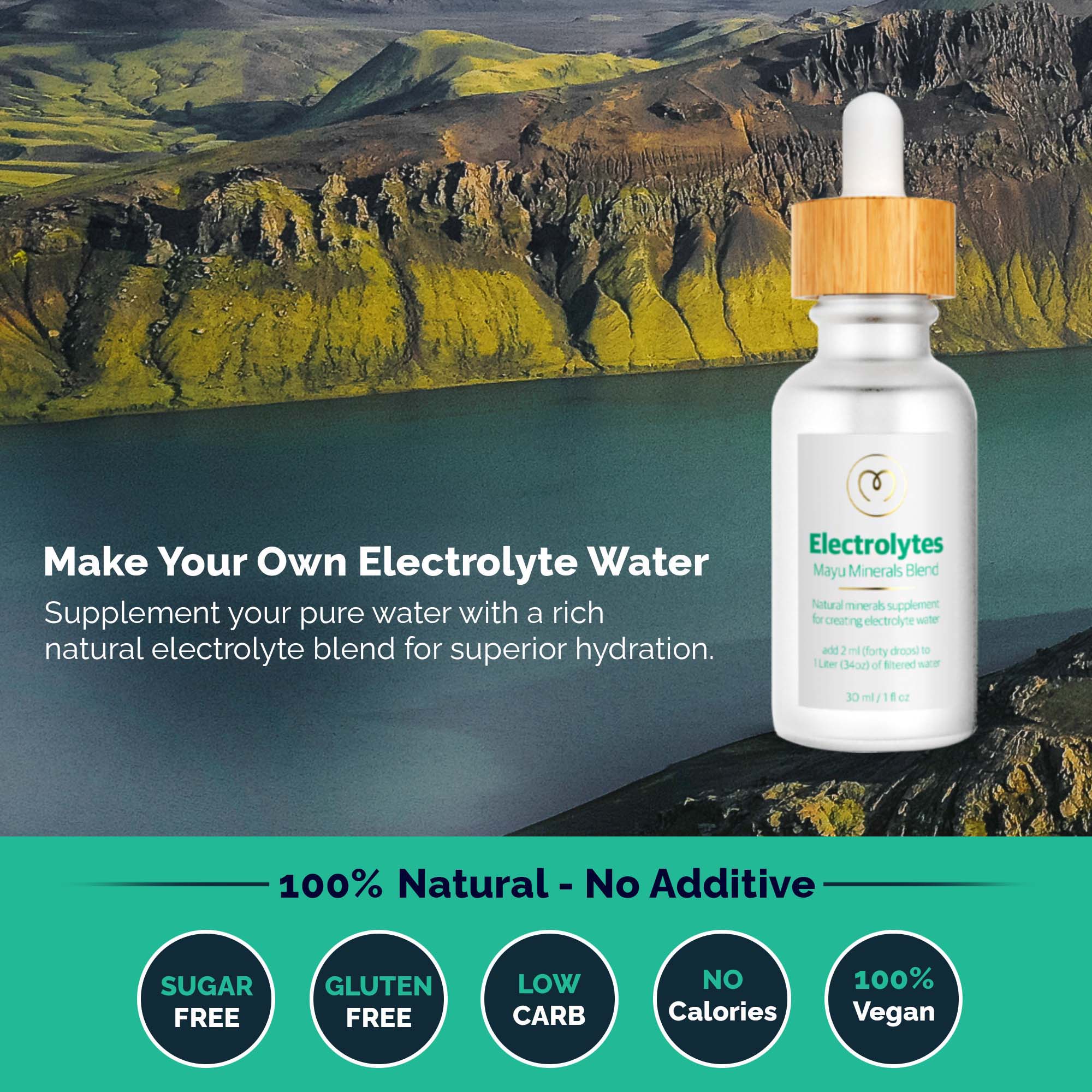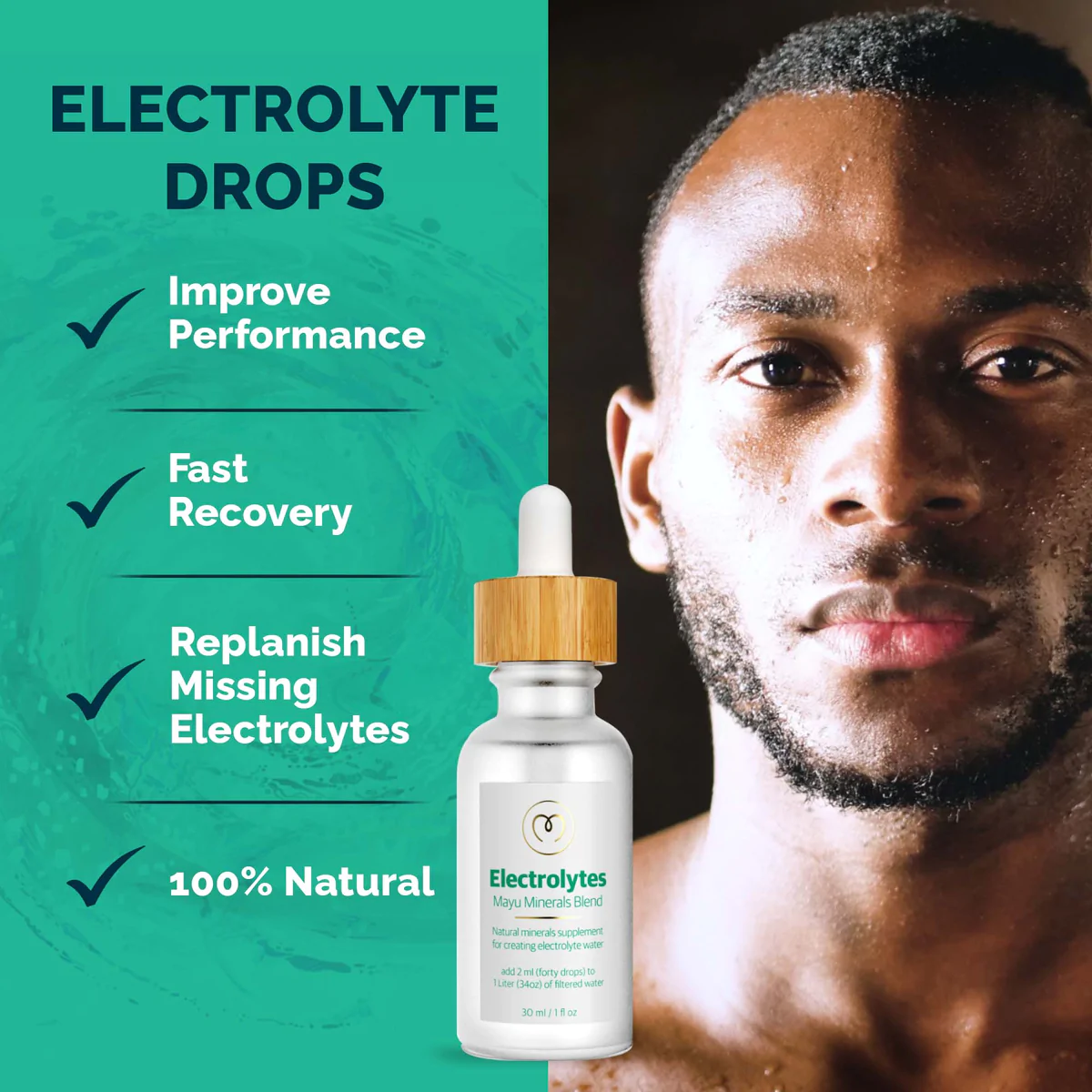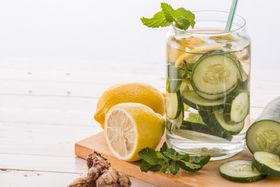Solving the Water Intake Mystery: How Much Water Should You Drink a Day?
Want to boost your energy levels and metabolism? Drink up
Published October 7, 2024

We all know and agree that we need water to stay healthy, but we also wonder how much is enough. This uncertainty leaves many people wondering about the proper fluid intake.
In this article, we dive into different methods to address your hydration needs, considering health status, medications, and activity. We also explore why electrolytes are the key to optimum hydration and well-being.
Why Hydration Is Important
Drinking enough water improves your energy and cognitive performance while preventing urinary tract infections (UTIs) by flushing out bacteria. It also helps with digestion, detoxification, and maintaining a healthy weight.
Health Risks of Dehydration
Dehydration affects us mentally and physically. Early indicators are thirst, headaches, dizziness, and constipation. More extreme cases cause organ damage, seizures, and unconsciousness.
Low fluid intake also increases the risk of kidney stones, UTIs, and gastrointestinal issues. Acute water or electrolyte imbalance can also become severely life-threatening if not treated on time.
What Happens When You Drink Too Much Water?
While staying hydrated is essential, drinking too much water can lead to hyponatremia. The body's sodium levels become dangerously diluted, causing nausea, headache, confusion, and seizures.
Determining Daily Water Intake
One commonly used method for determining how much water you should drink daily is dividing your body weight in pounds by two.
Example: If you weigh 150 pounds, you should aim to drink around 75 ounces of water daily.
The 8x8 rule also suggests drinking water from an eight-ounce glass eight times daily. While it's easy to remember, some people might need more or less based on their unique needs or conditions.
» Discover the healthiest types of water to drink
Factors Affecting Water Needs
Understanding why and how much water you need daily involves various factors. Let's break them down:
- Hydration During Physical Activity: Your body loses fluids through sweating. Experts advise drinking half a cup every 15-20 minutes of intense training.
- Environmental Factors: Hot and humid weather makes you sweat more, so drink extra water to replace lost fluids.
- Body Weight and Muscle Mass: If you're heavier or have more muscle mass, you generally need more water for overall well-being.
- Age Considerations: Kids need more water compared to adults. Understanding these age-related differences ensures everyone stays hydrated.
- Health Conditions: You may need to adjust how much water you drink daily if you have kidney issues, urinary tract problems, fever, diarrhea, or vomiting.
- Pregnancy and Breast-Feeding: Pregnancy and breast-feeding increase your fluid and nutrient demands. Remember to drink extra water during these times, as it's vital for your health and your developing baby’s well-being.
Pro Tip: In these situations, drinking electrolyte-rich beverages can also help to replenish water and essential minerals lost through sweating or illness.
You can try electrolyte water drops like MAYU Minerals | Electrolytes Drops to hydrate yourself by enriching plain water with essential trace minerals.
Tips for Increasing Water Intake
- Carry a reusable water bottle.
- Set reminders or use hydration apps.
- Infuse your water with natural flavors like fresh fruit slices, herbs, or lemon.
- Eat hydrating foods like watermelon, cucumbers, and leafy greens.
- Monitor your urine color. Dark yellow indicates poor hydration.
» Check out ways to ensure you're drinking enough water
Taking the Plunge Into Better Hydration
In addition to the previous tips, you should establish consistent hydration habits, like sipping fluids routinely with meals while working, commuting, and exercising. Keep a water bottle close to you and monitor symptoms of dehydration like headaches.
You can also add electrolyte supplements like MAYU Minerals | Electrolytes Drops to your water to restore essential minerals you lose. Follow these tips and customize your hydration to optimize your health for peak performance.




































